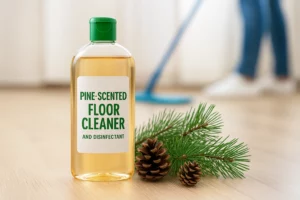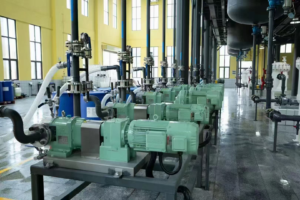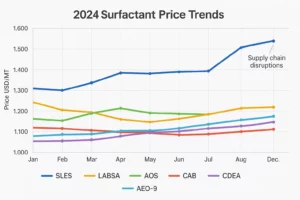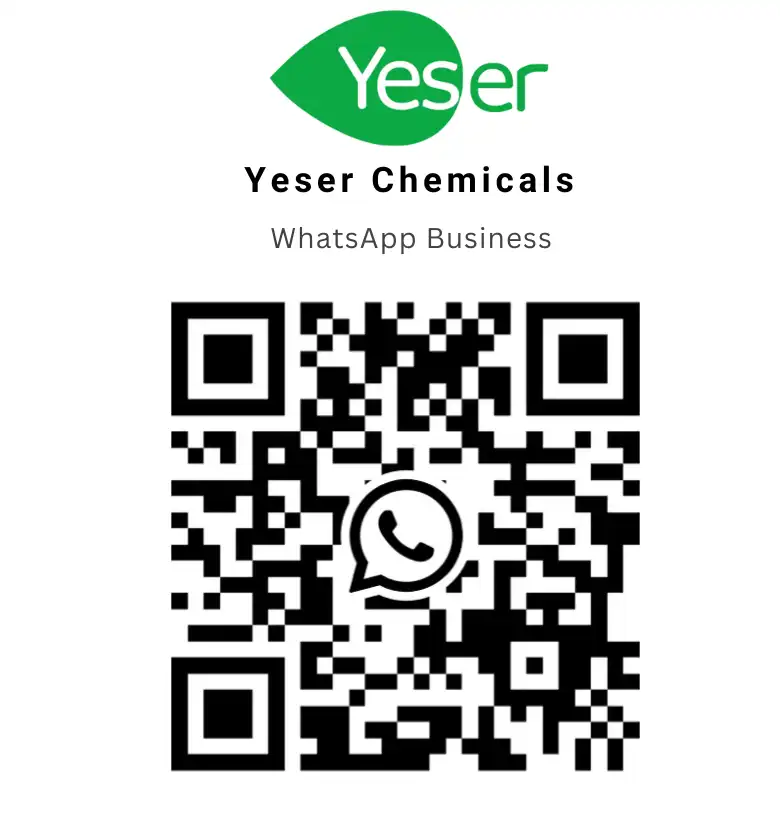The hair care aisle is brimming with products touting “sulfate-free” on their labels. This trend has sparked a debate among consumers and professionals alike: Are sulfate-free shampoos genuinely better, or is it just a marketing gimmick?
In this article, we’ll delve into what sulfates are, their role in shampoos, the reasons behind the sulfate-free movement, and whether these alternatives live up to their claims.
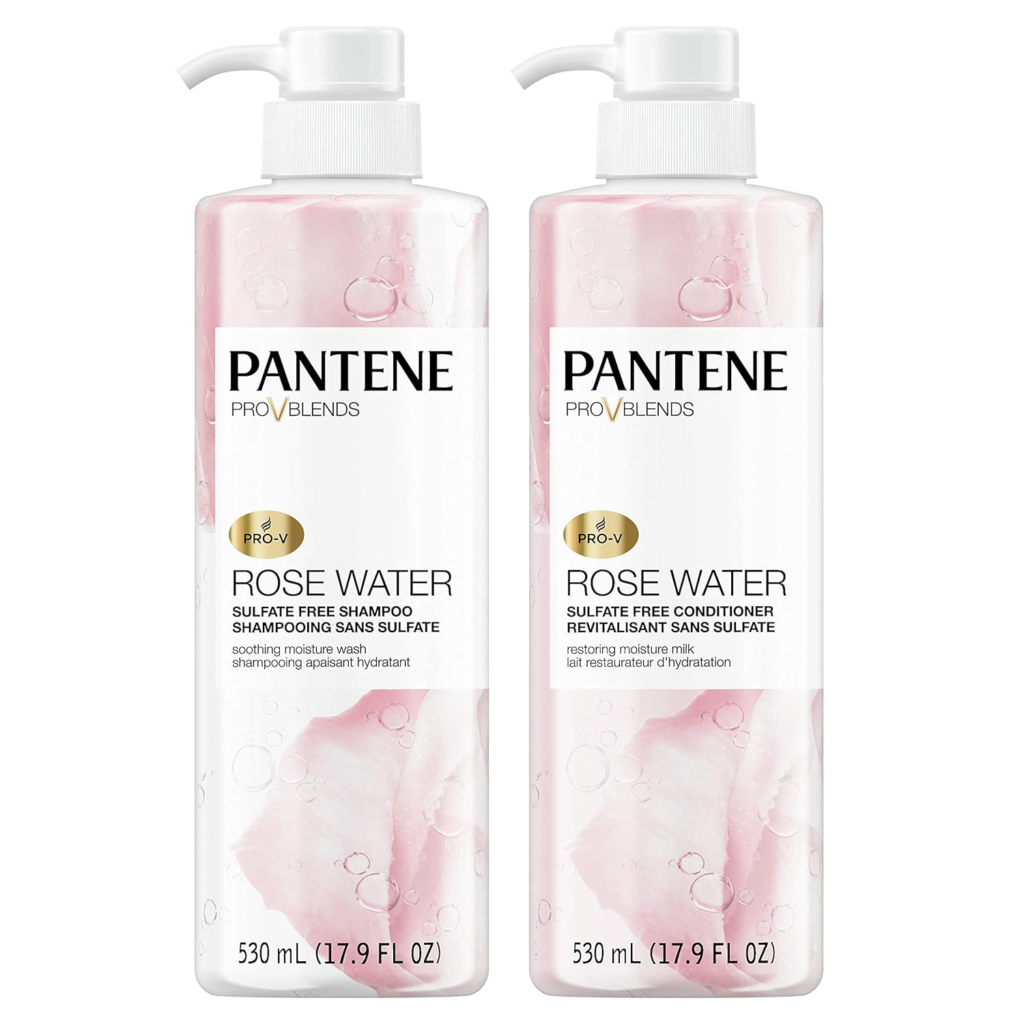
What Are Sulfates?
Sulfates are a group of chemical compounds commonly used as surfactants in many cleaning products, including shampoos. The most prevalent sulfates in shampoos are:
These ingredients are responsible for creating the rich lather that helps to remove dirt, oil, and product buildup from the hair and scalp.
The Role of Sulfates in Shampoos
Sulfates are effective cleansers due to their ability to attract both oil and water. This dual affinity allows them to lift grease and grime away from the scalp and hair strands, which are then rinsed away with water. Their widespread use is attributed to:
- Cost-Effectiveness: Sulfates are inexpensive to produce.
- High Foaming Ability: Consumers often associate lather with cleanliness.
- Strong Cleansing Action: Effective at removing heavy oils and styling products.
Why the Shift to Sulfate-Free?
The move towards sulfate-free shampoos has been influenced by several factors:
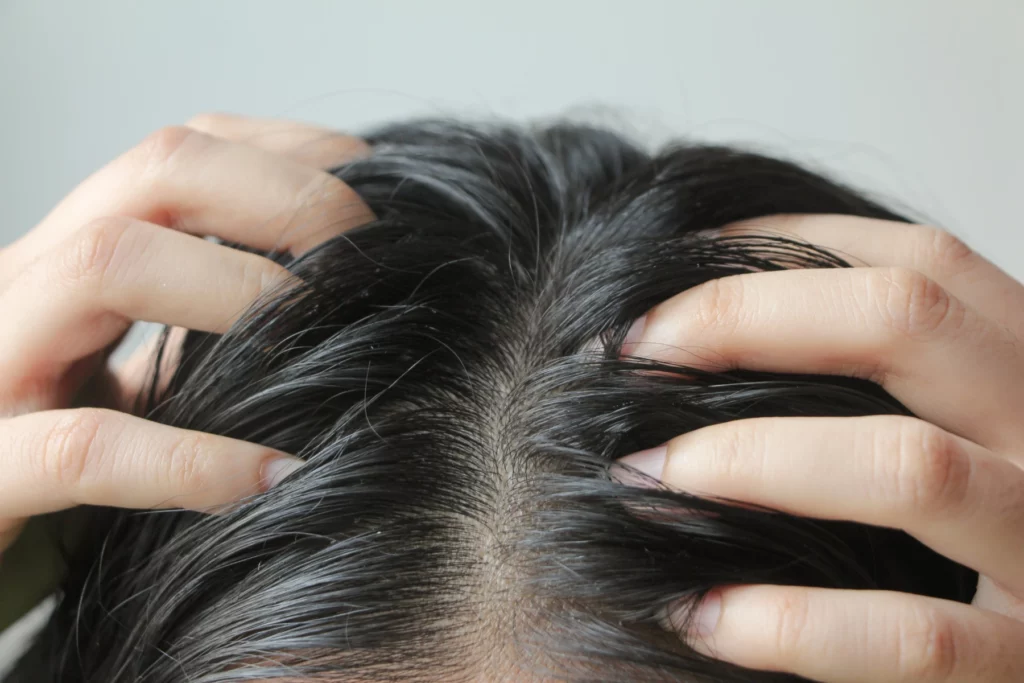
1. Scalp and Skin Irritation
Some individuals experience dryness, itching, or redness due to sulfates’ strong cleansing nature. Sulfates can strip the natural oils from the scalp and hair, leading to:
- Dryness: Over-stripping oils can leave hair and scalp dry.
- Irritation: Particularly for those with sensitive skin or conditions like eczema.
2. Color-Treated Hair
Sulfates may accelerate color fading in dyed hair by:
- Opening Hair Cuticles: Making it easier for color molecules to escape.
- Intense Cleansing: Washing away artificial pigments along with oils and dirt.
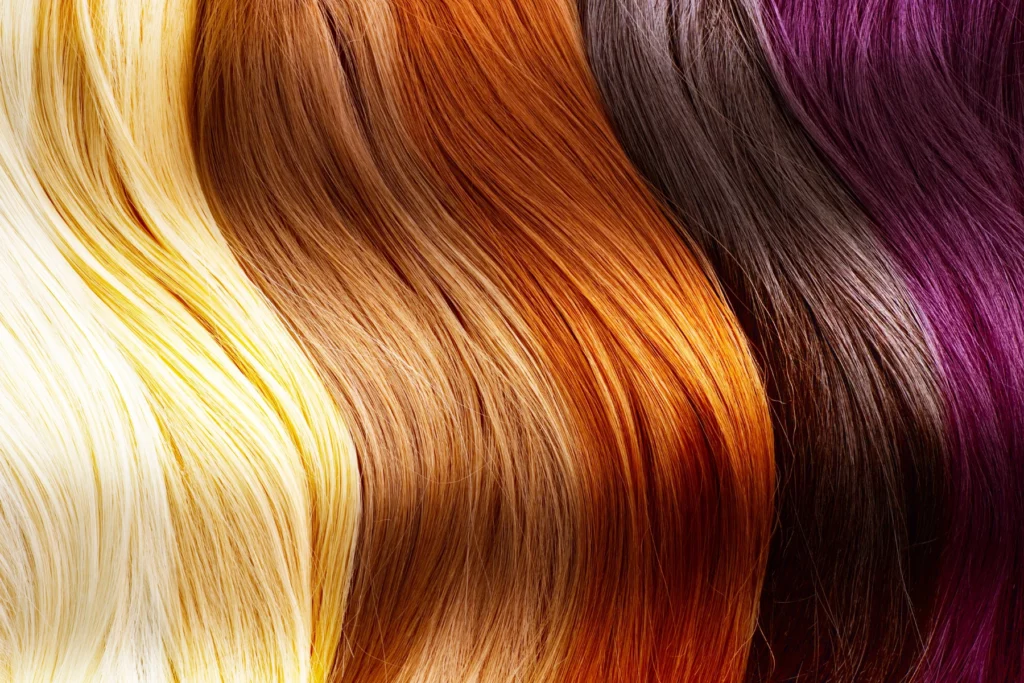
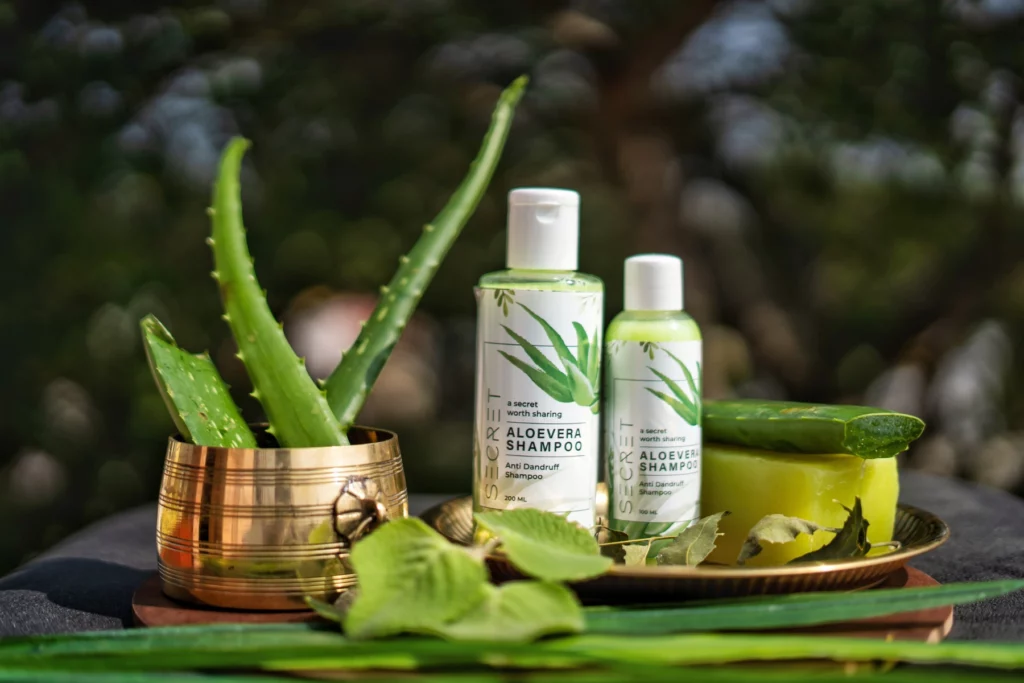
3. Environmental and Health Concerns
There’s growing awareness about the potential environmental impact of sulfates and concerns over:
- Biodegradability: Some sulfates may not break down easily in the environment.
- Contaminants: Manufacturing processes can introduce impurities like 1,4-dioxane, a suspected carcinogen, particularly in SLES.
Evaluating the Claims: Are Sulfate-Free Shampoos Better?
For Sensitive Scalps and Skin
Pros:
- Reduced Irritation: Gentler cleansing agents may cause less dryness and irritation.
- Moisture Retention: Helps maintain the scalp’s natural oils.
Cons:
- Cleansing Efficiency: May not remove heavy buildup as effectively.
Conclusion: For individuals with sensitive skin or scalp conditions, sulfate-free shampoos can offer a gentler alternative.
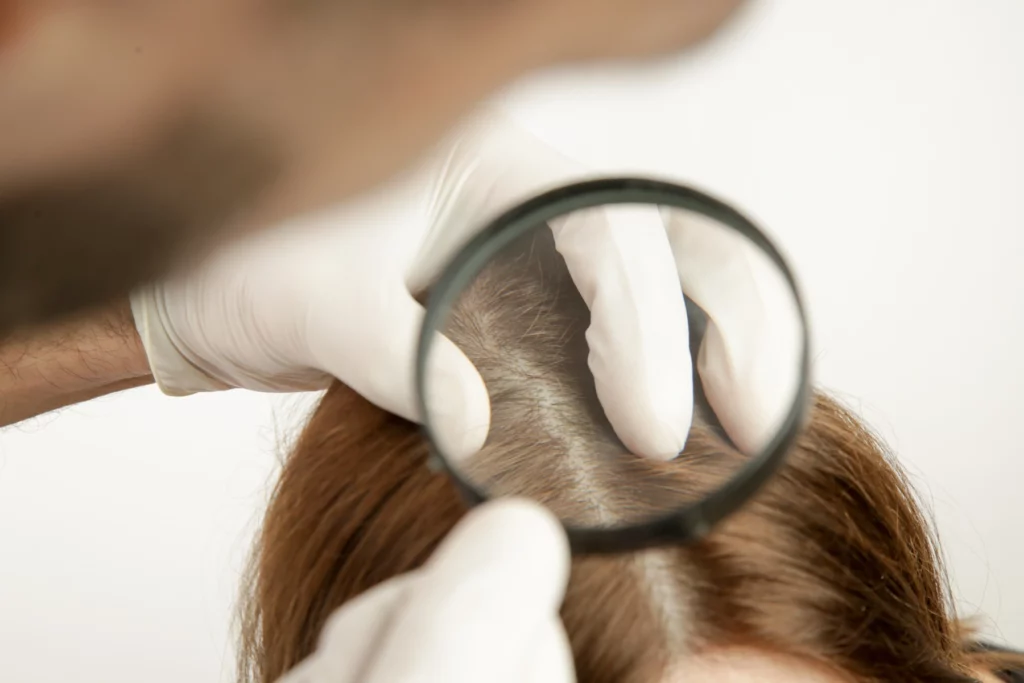
For Color-Treated or Chemically Processed Hair
Pros:
- Color Preservation: Less likely to strip artificial color.
- Gentle Care: Mild surfactants help maintain hair integrity after treatments.
Cons:
- Product Residue: May require occasional clarifying treatments to remove buildup.
Conclusion: Sulfate-free shampoos are generally better for maintaining color vibrancy and the health of processed hair.
For General Use
Pros:
- Less Harsh: Gentle formulas suitable for daily use.
- Environmental Benefits: Some sulfate-free options use biodegradable ingredients.
Cons:
- Cost: Often more expensive due to higher production costs.
- Lather Experience: Less foaming can feel less satisfying to some users.
Conclusion: While not necessarily “better” for everyone, sulfate-free shampoos offer a viable alternative for those seeking milder cleansing agents.
The Science Behind Sulfate-Free Alternatives
Sulfate-free shampoos utilize different surfactants, such as:
- Cocamidopropyl Betaine
- Sodium Cocoyl Isethionate
- Decyl Glucoside
These ingredients are derived from natural sources like coconut oil or glucose and are known for their gentle cleansing properties. They can effectively clean hair without the harsh effects associated with sulfates.
Myths and Misconceptions
Myth 1: Sulfates Cause Cancer
- Fact: There is no scientific evidence directly linking sulfates like SLS or SLES to cancer. Concerns often stem from misunderstandings about contaminants like 1,4-dioxane, which can be minimized through proper manufacturing.
Myth 2: Sulfate-Free Shampoos Don’t Clean Well
- Fact: While they may produce less lather, sulfate-free shampoos can effectively cleanse the hair using milder surfactants.
Myth 3: More Lather Equals Cleaner Hair
- Fact: Lather is not indicative of cleaning ability. It’s a sensory feature that doesn’t correlate with efficacy.
Tips for Transitioning to Sulfate-Free Shampoos
- Be Patient: Hair may take time to adjust to a new cleansing routine.
- Clarify Occasionally: Use a clarifying shampoo periodically to remove buildup.
- Read Labels: Not all sulfate-free shampoos are equal—look for products that suit your specific hair needs.
Conclusion
Whether sulfate-free shampoos are better largely depends on individual hair types, scalp sensitivity, and personal preferences. For those with sensitive skin, color-treated hair, or environmental concerns, sulfate-free options offer tangible benefits. However, for individuals without these concerns, traditional sulfate-containing shampoos remain a safe and effective choice.
Ultimately, the “better” option is the one that aligns with your hair care needs and values.
References:
- Journal of the American College of Toxicology: Studies on the safety assessment of sulfates.
- International Journal of Trichology: Research on surfactants and hair health.
- Environmental Science & Technology: Articles on the biodegradability of surfactants.
For more insights into hair care formulations and ingredient functionalities, contact our expert team.


